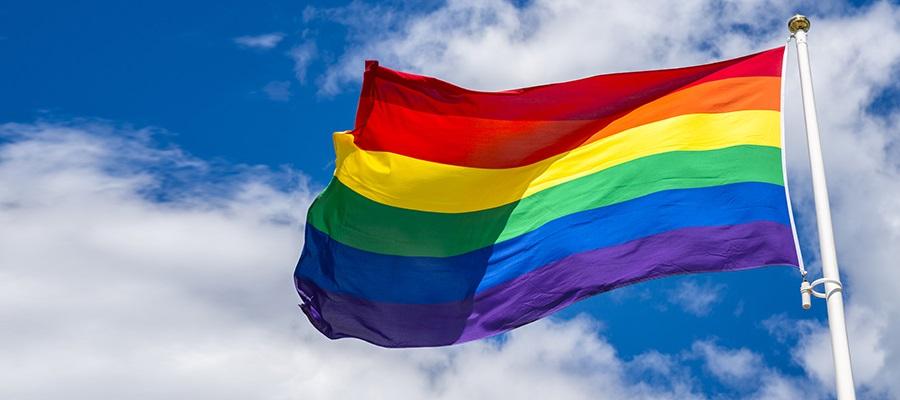Fostering an equitable, inclusive environment for LGBTQ+ health

June is LGBTQ+ Pride Month. This tradition started back in 1969 with the Stonewall Riots – a series of demonstrations that were brought on by the continued mistreatment of LGBTQ+ individuals in New York City. Today, while there has been significant progress made in this space, the LGBTQ+ community still deals with worse health outcomes than their heterosexual counterparts: LGBTQ+ individuals are more likely to have higher rates of tobacco, alcohol, and drug use (Health People, 2020) and they also experience greater difficulty accessing health care (National LGBTQIA+ Health Education Center, 2016).
Hospitals and health systems can address their LGBTQ+ patients’ health needs by building trust with them through:
- Education
- Culturally appropriate curriculums in medical schools as well as educational content offered by hospitals/health systems for their providers creates more welcoming providers who know how to engage members of the LGBTQ+ community around their health care needs. As a result, a hospital/health system with providers who are culturally aware will hopefully gain a reputation as a safe space for the LGBTQ+ community. Interactive lunch-and-learns are a few ways to educate on topics such as how to be more inclusive or LGBTQ+ terminology.
- Additionally, The National LGBTQIA+ Health Education Center has ample free resources which provide insight into many different LGBTQ+ health related topics.
- Partnerships with local community organizations
- LGBTQ+ Community centers are trusted spaces that queer folks utilize for support. Working in tandem with these centers is one way for hospitals and health systems to connect with their local LGBTQ+ community. This gives health care organizations an opportunity to hear the voices and needs of their local communities to further build trust with LGBTQ+ patients, and in turn, ensure individuals are welcomed and feel safe at their facilities. In addition, it creates the possibility of creating partnerships to build programs like free sexually transmitted infection clinics and monthly, free cancer screenings – services important to the community, who suffer disproportionately from higher rates of sexually transmitted infections and various forms of cancer.
- Establishing inclusive spaces
- Rather than using gendered language such as “husband”, “wife”, “mother”, “father”, etc., use gender neutral language like “partner,” “parent,” “child,” etc. While this may seem like a small step, it shows that the provider isn’t making assumptions about that individual’s sexual orientation and/or gender identity, and overall creates a more welcoming environment.
- Additionally, depending on hospital policy, having separate “sex” and “gender” fields on intake forms will make it possible for LGBTQ+ patients to delineate their sex assigned at birth while also giving them the opportunity to select what gender they identify as (which may not always match up with their sex assigned at birth).
Any action, both large and small, can have a significant impact when it comes to advancing health outcomes for LGBTQ+ individuals. Improving the quality of care for LGBTQ+ individuals should remain a priority for hospitals and health systems so all populations can achieve their highest potential of health.
